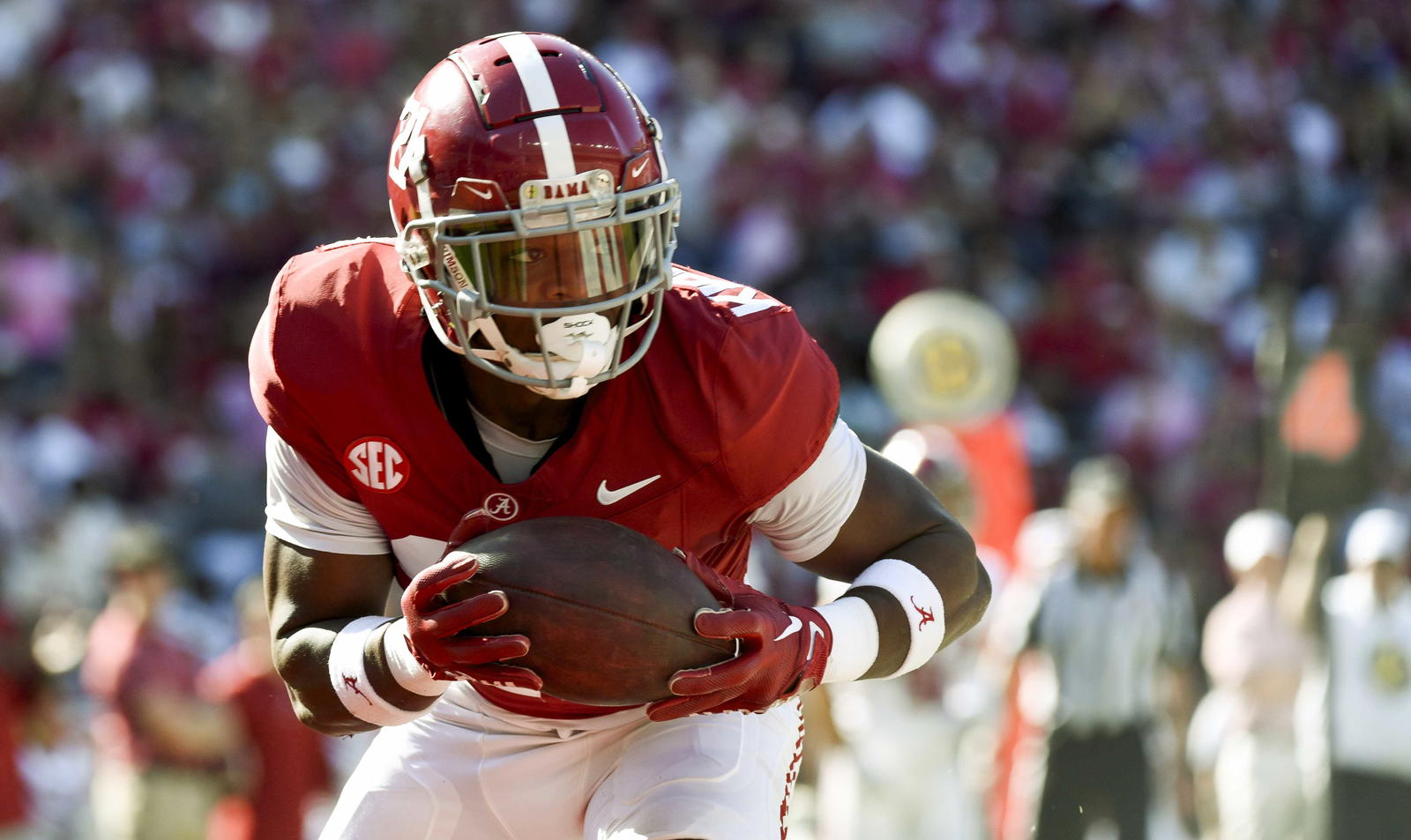
DeBoer's decisive response to a player's arrest showcases accountability, redemption, and a leadership philosophy mirroring Saban's successful approach to second chances.
When news broke that Alabama defensive back Dre Kirkpatrick Jr. had been arrested and subsequently suspended indefinitely, the reaction was swift.
Headlines spread, fans talked, and opinions flew in every direction.
But amid the noise, one thing stood out: the way head coach Kalen DeBoer handled it.
“Unfortunately, with the information that I have at this time, I talked to Dre, and we need to indefinitely suspend him,” DeBoer said. “He understands there are consequences that come with his actions.”
That quote struck me.
It was firm.
It was decisive.
But also fair.
It wasn’t a complete dismissal, and it wasn’t a soft slap on the wrist either.
It was accountability paired with the possibility of redemption.
And that’s exactly what good leadership looks like.
Because here’s the truth: college athletes are still young men: 18, 19, 20 years old navigating the world under a microscope most adults could never imagine. They make mistakes, sometimes serious ones. But the true test of a program, and a coach, isn’t just how it celebrates success. It’s how it handles failure.
DeBoer got it right.
He punished Kirkpatrick, but he didn’t destroy his future. He held him accountable while still leaving the door open for growth. And in doing so, he followed a principle that former Alabama coach Nick Saban lived by for nearly two decades in Tuscaloosa: discipline with purpose, not punishment for show.
The Saban Way: Second Chances with Standards
In February of 2013, four Alabama football players, including defensive end D.J. Pettway, were arrested in connection with a pair of campus robberies. The situation was ugly, embarrassing, and brought heavy criticism to the program.
All four were dismissed from the team.
But a year later, only one of them, Pettway, earned a chance to return.
The decision sparked controversy. After all, Pettway had faced serious charges. Yet, under Nick Saban’s leadership, he was reinstated after fulfilling strict conditions and showing personal growth.
The backlash was intense enough that Alabama’s athletic director at the time even issued a public statement defending the decision, something almost unheard of in college football. But Saban didn’t waver. He saw something in Pettway that others didn’t: potential for redemption.
Fast forward one year. Alabama stood one win away from another national championship appearance. Pettway wasn’t just back, he was thriving. He’d become a key part of the defense, earned his degree in three and a half years, and completely turned his life around.
That’s what a real second chance looks like.
Saban would later deliver one of his most emotional press conferences ever. One that still circulates today as a timeless lesson in grace and growth.
“Where do you want them to be?” Saban asked reporters. “Guy makes a mistake. Where do you want them to be? You want him to be [on] the street or do you want them to be here graduating?”
He spoke about another former player, Muhsin Muhammad, who got into trouble at Michigan State. Saban suspended him, made him work, and gave him a second chance. Muhammad went on to play 15 years in the NFL, start a charity for children, and send his daughter to Princeton.
“So who was right?” Saban asked that day. “I feel strong about this now, really strong, about all the criticism out there of every guy that’s 19 years old that makes a mistake and you all kill them. My question to you is, ‘Where do you want him to be?’ You want to condemn him to a life sentence? Or do you want the guy to have his children going to Princeton?”
That’s leadership rooted in compassion and accountability. It’s not about excusing mistakes. It’s about believing that failure doesn’t have to define someone’s future.
DeBoer’s Approach: A Reflection of Character
When Kalen DeBoer took over Alabama’s program, he stepped into shoes that most coaches wouldn’t dare try to fill. Nick Saban isn’t just a legend, he’s a standard.
Every decision, every quote, every move DeBoer makes will be compared to Saban’s.
And yet, in moments like this, DeBoer has shown that he understands what truly made Saban’s tenure so impactful. Not just the wins, but the wisdom.
By suspending Dre Kirkpatrick Jr. indefinitely, DeBoer did what great coaches do. He set a boundary, sent a message to the locker room, and made clear that actions have consequences.
But he also left room for hope. Because leadership isn’t about perfection, it’s about progress.
This decision wasn’t about football. It was about accountability and growth. It was about helping a young man face his mistakes head-on while still protecting the possibility of redemption. Because the truth is, if we throw every young person away after one mistake, we lose far more than we save.
And it’s not lost on anyone that Dre Kirkpatrick Jr. carries a famous last name. His father, Dre Kirkpatrick Sr., was an All-American under Saban and a first-round NFL Draft pick. The spotlight burns even hotter when you’re walking a path already paved by family legacy. But maybe this is his defining moment , not as his father’s son, but as a young man learning to grow from his own choices.
The Bigger Picture: Football, Family, and Redemption
College football has always been about more than just the game. It’s about the young men who play it: their stories, their struggles, and their growth.
When Saban preached second chances, he wasn’t just defending players. He was defending the belief that people can change. DeBoer, whether intentionally or instinctively, followed that same philosophy this week.
Punishment matters.
Accountability matters.
But so does grace.
Kirkpatrick will face the consequences of his actions.
He’ll live with the headlines, the suspension, the disappointment.
But he’ll also have the opportunity, if he chooses, to prove that he’s bigger than his mistake. To earn back trust. To grow.
That’s the kind of leadership that changes lives. It’s easy to kick someone off a team and move on. It’s harder to teach them, guide them, and walk with them through the storm.
Kalen DeBoer didn’t just make the right football decision.
He made the right human one.
Because at the end of the day, Alabama football isn’t just about national championships.
It’s about molding men. Men who make mistakes, learn from them, and one day lead families, communities, and teams of their own.
And if Dre Kirkpatrick Jr. takes this moment seriously, if he listens, learns, and grows, maybe one day, his story will echo the same question Nick Saban once asked:
“Where do you want them to be?”

